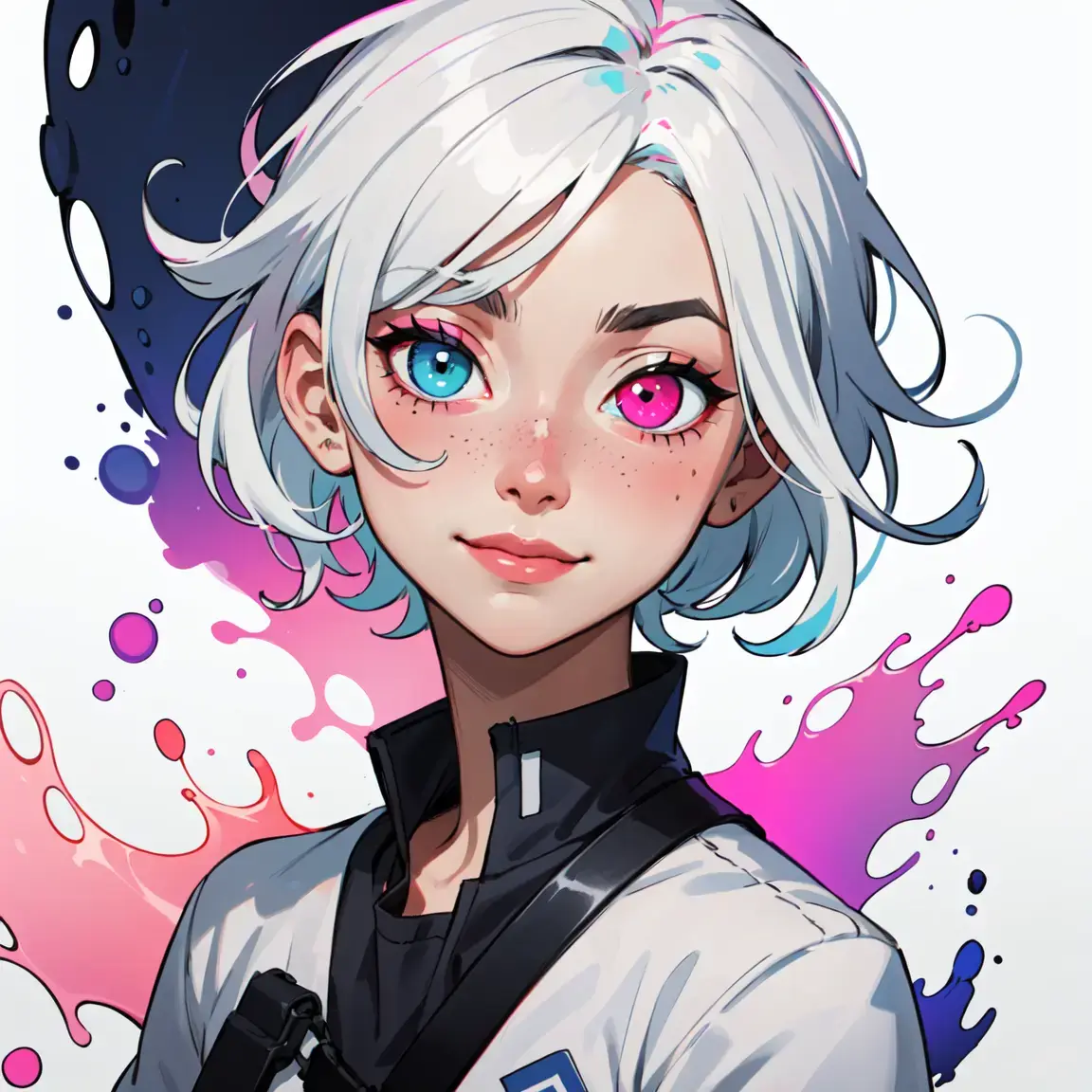I’ve been diving into AI assisted workflows and found an extreme font for creativity. My recent efforts have been towards RPG-style characters like you’d see in a D&D game, and this guy came from the idea of a royal guard of an ancient city, Egyptian/African-esque. The AI gave me a variation with just the shield and I really liked the aspect of not killing but defending. If anyone is curious about the workflow I’d be happy to share :)


I hear you, when this stuff was blowing up I couldn’t shake that it was trained off artists’ work that they didn’t consent to having in the datasets. Sure it’s similar to how human artists work (for music and art the prevailing recommendations for me, or any artist, was to consume material relevant to your art. For visual art they really just wanted you to constantly keep your head open for shapes and form) but it felt closer to plagiarism than inspiration. Some generations can be very close to an individual style (especially if the model was trained specifically off that) but I found that generations that omitted an artist ended up creating something compelling but not tied to one artist specifically - still undoubtedly a conglomeration of the multitudes it was trained on (including photography). It’s muddy water for sure, and the angle of AI replacing workers in general is still relevant - but I also think it empowers people like me who have the visual ideas but can use the help making them fully fleshed out.
The crux, for me, feels like “when you can see whatever you want, what do you want to see?” A lot of our AI woes are reflections of questionable human behavior (racist chat models, AI for war, deepfakes and dishonesty).
How do you feel about it?
I totally get that. In fact, I feel similar because I often have ideas or concepts for visual art, but then I lack the drawing/painting skill to actually realize them (I try to improve, but I rarely find the time to practice). In that way, AI assistance could be seen as a tool to make expression via art more accessible to the masses (especially since not everybody can afford or has the resources to visit an art school).
I think my conflict comes mainly from the immense respect and admiration I have for people who are able to create powerful, realistic images from scratch (e.g. people like Martina Fačková). Maybe I just need to get used to it, I mean calculators exist and that’s not a bad thing, because they make our lives easier.
I find it very interesting, because it poses the question of how much of this behavior is unintentionally woven into AI assisted images. When you look at artists like Martina Fačková, every little detail in her art is intentional and thereby it is also an expression of herself and her views on the world. But with AI art, while the broader composition and concept is intentional, a lot of the details are generated based on how the model is trained (of course you can decide whether you want to go with it or do another pass, in that sense it’s maybe a little bit of self-expression still).
Interestingly, looking at your picture I can see bits and pieces of a war/apocalypse sceneries, e.g. the bird in the sky almost looks like a plane, the ruined buildings in the background (please note that this is not meant as criticism, just an observation). Now that I think of it, I’m also reminded of this captain america movie poster. Maybe the AI had some marvel movie posters in its training data ;-).